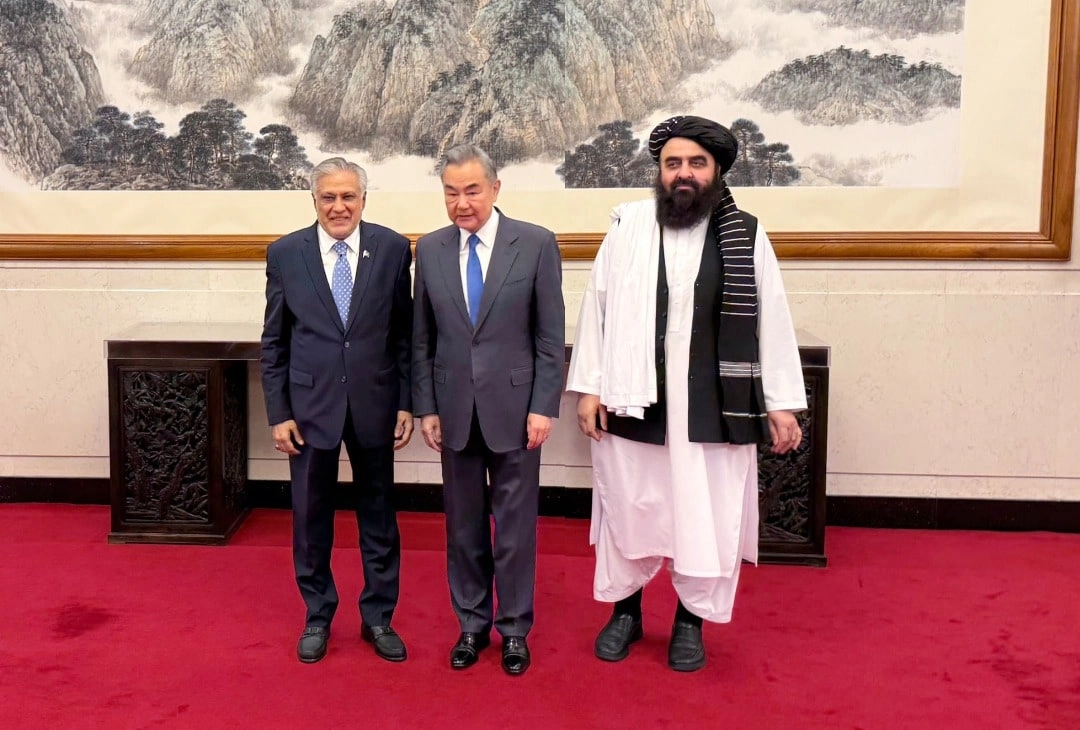In recent geopolitical developments, India faces a nuanced challenge as China seeks to realign its influence over Pakistan and the Taliban. This shift is not merely a diplomatic maneuver but a strategic recalibration that could have significant implications for regional stability and security. China’s growing engagement with Pakistan, particularly in the context of the China-Pakistan Economic Corridor, has already established a robust partnership that India views with suspicion. By attempting to strengthen ties with the Taliban, China is not only reinforcing its presence in Afghanistan but also positioning itself as a key player in South Asian geopolitics.
The ramifications of a strengthened China-Pakistan-Taliban axis are manifold. For one, it could embolden militant groups operating in the region, posing a direct threat to India’s national security. Furthermore, the convergence of these three entities could lead to increased instability in Afghanistan, undermining the fragile peace and potentially leading to a resurgence of terrorism that could spill over into neighboring countries. India must remain vigilant and proactive in countering these developments, as the realignment could result in a more aggressive posture from Pakistan and its allies.
India’s response to this evolving scenario should encompass a multifaceted approach. Strengthening diplomatic ties with regional players and enhancing security cooperation with Afghanistan and other Central Asian nations could serve as a counterbalance to the growing influence of China. Additionally, India should invest in intelligence-sharing initiatives and counter-terrorism collaborations to mitigate the risks posed by a united front of adversaries. In this context, India must also engage with global powers to garner support against the potential threats emanating from this realignment.
Ultimately, while the dynamics of international relations are complex, India’s understanding of the strategic implications of China’s overtures towards Pakistan and the Taliban is crucial. A proactive stance, rooted in diplomacy and strategic partnerships, will be essential to navigate the challenges posed by this realignment. As China seeks to expand its influence, India must remain steadfast in its commitment to safeguarding its national interests and promoting stability in the region.




